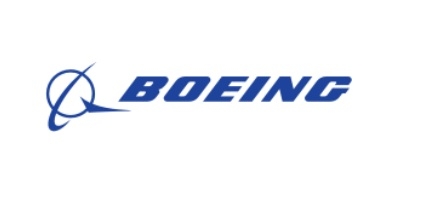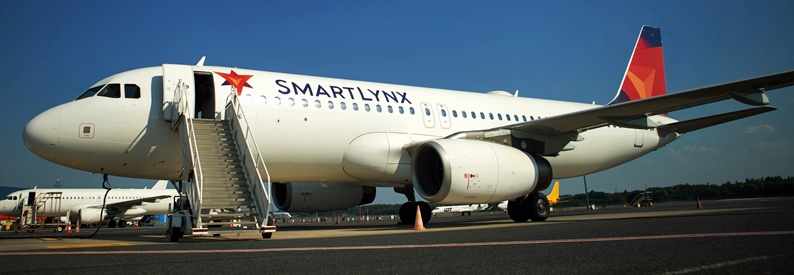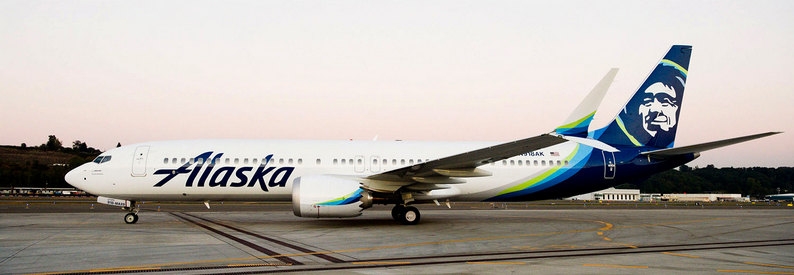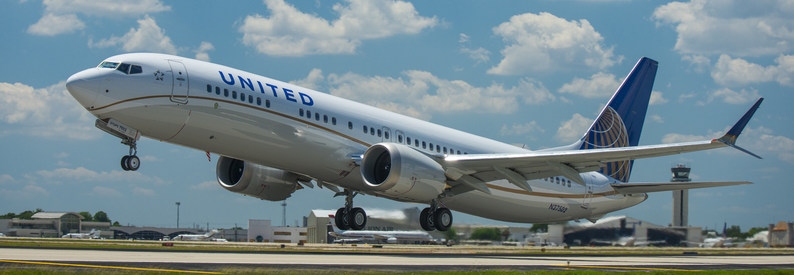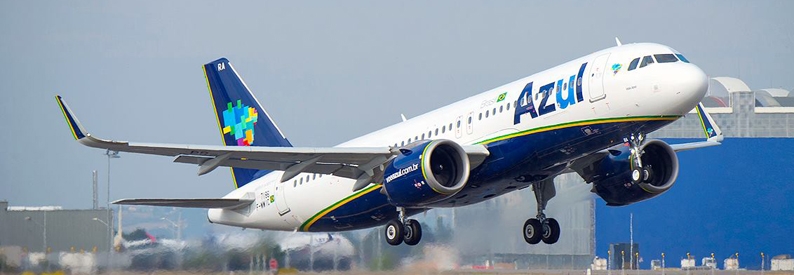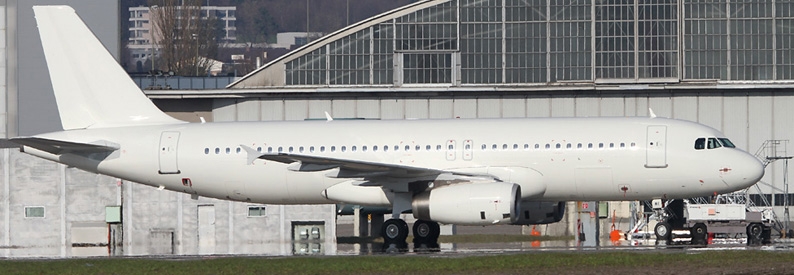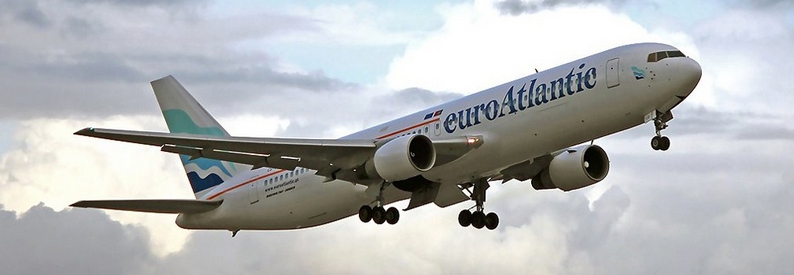Rolls-Royce has warned of further operational disruptions to airlines which use its Trent 1000 Package C engines. In a statement issued on Friday, April 13, the UK-based manufacturer said it had recommended increased inspection frequencies given improved understanding of the issues affecting the durability of the Trent 1000 Package C compressor, in particular the IPC Rotor 1 and Rotor 2 blades where cracks have been found on select units.
"This will, unfortunately, lead to additional disruption for our customers," it said. "There are 380 Package C engines currently in-service with airlines. This new regime does not impact Trent 1000 Package B engines or Trent 1000 TEN engines."
According to the ch-aviation fleets module, operators of affected Trent 1000 engine variants (the -A2, -AE2, -C2, -CE2, -D2, -E2, -G2, -H2, -J2, -K2, and -L2; all serial numbers) include Thai Airways International, Air Europa, Avianca, Ethiopian Airlines, LOT Polish Airlines, Norwegian, Norwegian UK, Scoot, Air New Zealand, British Airways, LATAM Airlines, and Virgin Atlantic.
Last month Rolls-Royce, in conjunction with the European Aviation Safety Agency (EASA), issued an Airworthiness Directive requiring operators of Package C variants to carry out earlier than usual maintenance checks on a specific part of the engine compressor. This check was already required prior to the engine reaching a threshold of 2,000 cycles (one-way journeys).
However, EASA's latest AD, issued on April 13, reduces that timeframe to 300 cycles. Trent 1000 Package C engines that have operated fewer than 300 cycles are unaffected by this directive.
The US Federal Aviation Administration (FAA) has since issued its own AD which restricts the ETOPS operations of B787 aircraft with affected engines, from the previous 330 minutes to 140 effective April 17.
The ruling notes that a total of 14 US-registered B787s are covered by the AD.
